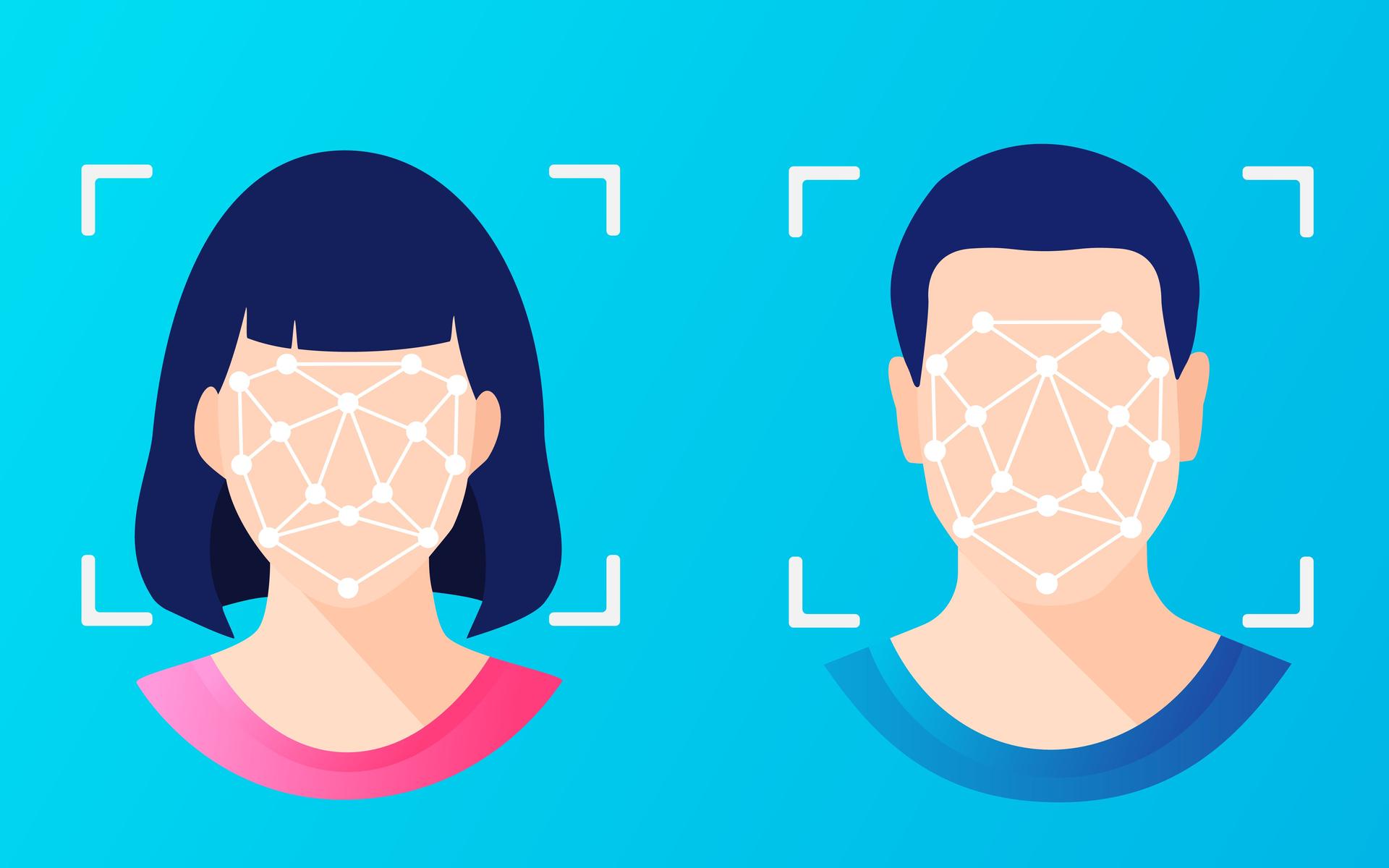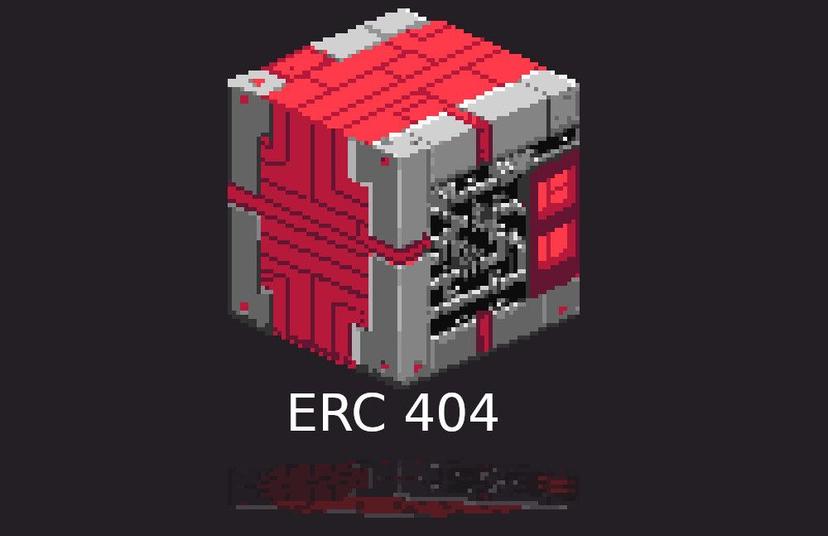Published November 15, 2022

New forms of digital assets are revolutionizing the way we think about ownership and trust. Non-fungible tokens, or tokens that are unique rather than identical, have the potential to change how we verify people’s identities online. These new types of non-fungible tokens can be used as identity verification tools because they provide users with a level of assurance that only the owner of an individual token can access it and its associated information. Let’s take a closer look at how NFTs can be used for identity verification.
What is Online Identity Verification?
Identity verification is the process of assessing the authenticity of a person’s identity to confirm their identity and attributes. Identity verification is becoming increasingly important with rising concerns about cybersecurity, hacking, data privacy, and fraud. For example, when you sign into an account with a new service, you’ll often be required to provide proof of identity by uploading a photo of your driver’s license. In this way, identity verification ensures that you are who you say you are and protects accounts from being compromised. Identity verification is most commonly done online by verifying someone’s identify by matching their name and other information against public records.
How Does Identity Verification Work?
Identity verification is a multi-step process that may include information like your name, date of birth, address, and other personal details. The process may also require you to upload a government-issued photo ID such as your driver’s license or passport. Identity verification is a very manual process that is often done by humans. Humans are currently at the center of the identity verification process because algorithms may have difficulty determining if two pieces of information belong to the same person. Traditionally, centralized authorities like banks and governments are in charge of identity verification. Centralized authorities, however, are susceptible to errors and fraud, as seen in the Equifax breach where hackers accessed the personal data of 143 million people. Centralized authorities are also expensive to maintain because they require large teams of people to ensure the veracity of data.
Non-Fungible Tokens and KYC
KYC, or know your customer, is a process for identity verification used by businesses and financial institutions. For example, when you create a new account with an exchange or sign up for a new money transfer service, you may be required to submit proof of identity via a KYC process. During the KYC process, you may be asked to upload a government-issued photo ID and provide your name, address, and other personal details. These businesses may send this information to a centralized database. You may be asked to provide KYC information when creating a new account with an exchange or other financial service. In the future, however, you may not have to provide this information because non-fungible tokens (NFTs) can replace KYC altogether.
Why NFTs are better than UGC for Identity Verification
User-generated content (UGC) is the practice of collecting information about a person based on what they input into an online form. You may have seen this when creating an account on a new website. When submitting your information, an interface will often ask you to choose from a drop-down menu of options such as your ethnicity, gender, and other personal details. You then input this information into a form and provide proof of your identity by uploading a government-issued photo ID. This data may then be stored in a centralized database and tied to your account on the website. While this may work for simple verification processes such as creating a new account on a website, UGC is not suitable for more complex identity verification processes.
NFTs can be the foundation of a decentralized identity network
In order to replace KYC with NFTs, we must first create a decentralized identity network that uses NFTs as its foundation. A decentralized identity network allows people to keep control over their personal data and how it’s used by businesses. A decentralized identity network also prevents hackers from obtaining the personal information of millions of people. A decentralized identity network would use non-fungible tokens (NFTs) to provide a level of assurance that only the owner of an individual token can access their information. Despite the privacy drawback of using NFTs for identity, having a completely verified network offers a variety of advantages, including reducing crime, fraud, and even nasty comments. In addition, with Smart Contracts on your NFT-verified online identity, the blockchain would allow you to track who has access to your data, where it goes, and even be paid every time it changes hands.
Challenges of Using NFTs for Identity Verification
NFTs can be used for identity verification and provide a high level of assurance that only the owner of the token can access their information. However, NFTs are currently being used as gaming collectibles and have not been widely adopted by businesses. As a result, many businesses have not yet integrated NFTs into their verification processes. This means that the tokens you use for identity verification would need to be distributed by an identity verification service. There are, however, many challenges associated with using NFTs for identity verification. The first challenge is that there are very few identity verification services available today. This means that businesses would have to create their own identity verification systems by creating their own NFTs. Such businesses would need to create a solution that is both secure and decentralized.
Benefits of NFTs for Identity Verification
Despite the privacy drawback of using NFTs for identity, having a completely verified network offers a variety of advantages, including reducing crime, fraud, and even nasty comments. In addition, with Smart Contracts on your NFT-verified online identity, the blockchain would allow you to track who has access to your data, where it goes, and even be paid every time it changes hands.
Conclusion
Identity verification is an extremely important part of the way we interact with each other and transact online. However, current identity verification methods rely on centralized databases that are susceptible to hacking and data breaches. New forms of digital assets can revolutionize identity verification by using NFTs as the foundation of a decentralized identity network while enabling new use cases and value to the owner.



